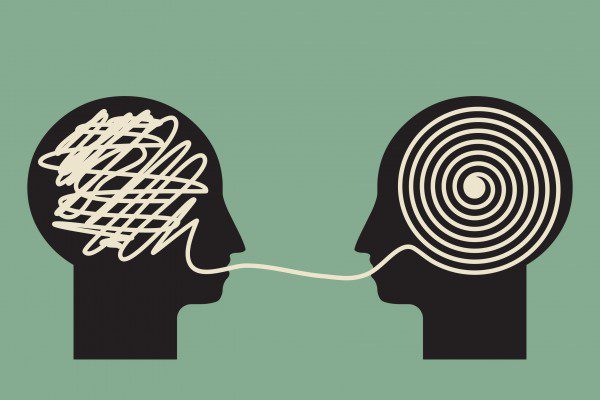We’ve all been there. You study a foreign language for months or even years, feeling more confident with every verb conjugation and vocabulary list. You can read articles and even write a short essay. But then, you switch on a radio station or talk to a native speaker and it feels like you’re back at square one. Listening seems so much more challenging than reading, writing, or even speaking. Why is that?
Processing Speed
When learning a language, especially in a classroom setting, we often have the luxury of time. We can take a moment to recall a word or even look it up. However, in real-time conversations or while listening to native speakers, we don’t have that luxury. Spoken language happens quickly and in a flow.
Accents and Dialects
Every language has its range of accents and dialects. For instance, regional accents can throw you off completely even if you’ve mastered standard French or Spanish. This adds an additional layer of complexity to the listening process.
Intonation and Stress Patterns
Languages have unique rhythms, intonations, and stress patterns. Until our ears are tuned to these nuances, it can be hard to understand or even distinguish individual words in a flow of speech.
Filler Words and Colloquialisms
Real-life speech is filled with ums, ahs, colloquialisms, and other filler words that aren’t typically part of formal language curriculums. This can confuse language learners when they try to map what they hear onto what they’ve learned.
Contextual Cues
Listening comprehension isn’t just about the words. It’s also about picking up on non-verbal cues, cultural context, and other unspoken elements that native speakers subconsciously understand. For a non-native, these can be easily missed.
Overlapping Sounds
When we are unfamiliar with a language, our brain struggles to separate overlapping sounds or distinguish background noise from the main conversation. This is particularly challenging in noisy environments or group conversations.
Tips to Improve Your Listening Skills in a Foreign Language
- Active Listening: Don’t just hear – try to listen. Engage with the content. Try to understand the main idea first, then focus on details.
- Expose Yourself to Different Accents: Listen to radio stations, podcasts, or movies from different regions. The more exposure you have, the better you understand varied accents.
- Practice with Transcripts: Listen to a short clip and then check your understanding against a transcript. Over time, you’ll find you can understand more without needing to refer to the text.
- Slow it Down: Some tools and apps allow you to slow the speech without altering the pitch. This can be helpful initially.
- Engage in Conversations: Nothing beats real-life practice. Engage in conversations with native speakers. It will be challenging, but it’s the fastest way to improve your listening skills.
In conclusion, while listening in a foreign language can be daunting, understanding why it’s challenging can help us approach the skill with patience and the right strategies. With consistent effort and practice, you can certainly enhance your listening skills and achieve a more holistic grasp of your target language.




